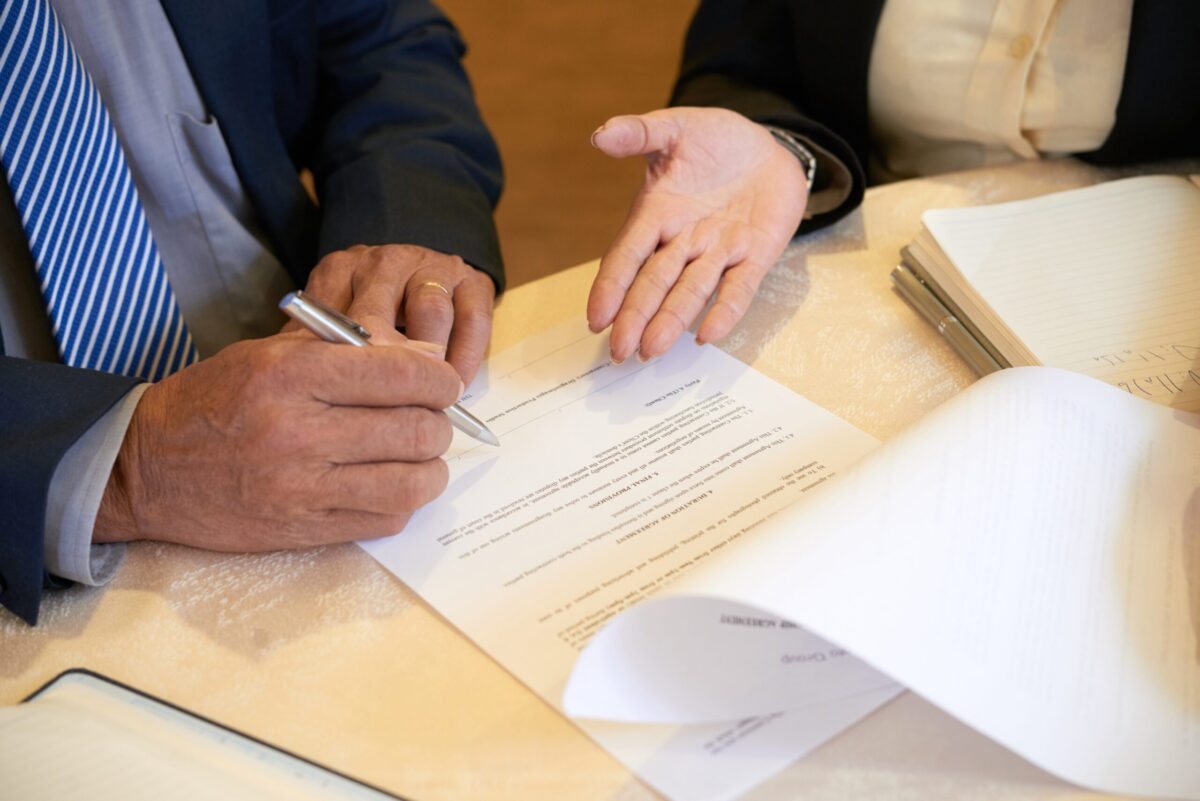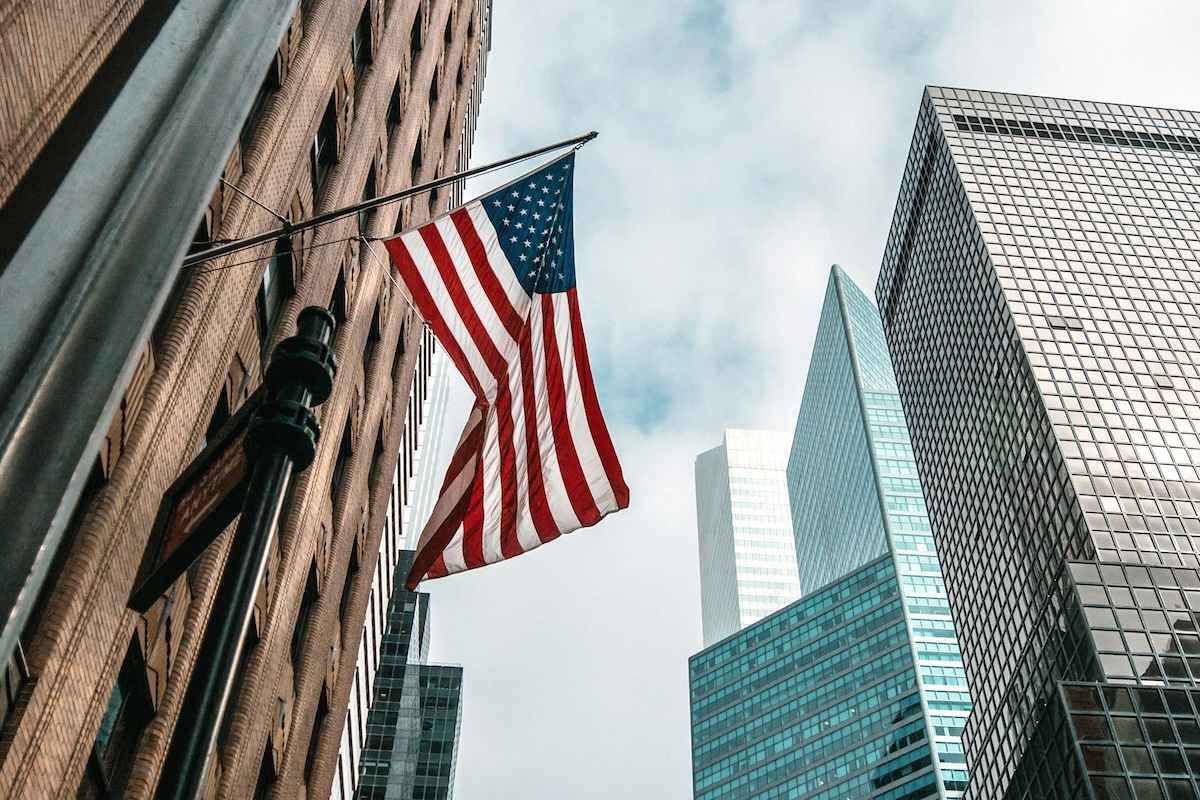Skift Take
The European Union’s proposed digital Covid passport may soon become the norm worldwide. But will this kind of portable vaccination record also be used for access to public spaces and events? The Israeli model suggests yes, but many remain skeptical.
While the world is still a long way from herd immunity, most developed countries have already begun to roll out national vaccine campaigns at record speed. Amidst this global effort, a vigorous debate is raging around the idea of using vaccine passports to separate people into different categories of transmission risk.
The European Union (EU) is already leading the way with a “Digital Green Certificate,” which will track vaccine status, records of past infection, and recent test results. Although the proposed system may initially be intended for cross-border trips within Europe, it will likely set a precedent for international travel across the globe. The UK’s government has even suggested that it will be implementing a similar system purely so its citizens will be able to meet the requirements of other nations.
Covid passports are coming to an airport near you. What is less clear is whether they will also be used for access to everyday services and events. Some see them as critical to the safe reopening of society, while others consider them a needless threat to basic human rights. Then there are those who point to logistical challenges and the potential for a false sense of security.
To assess the role of this kind of program in an economic recovery, Israel provides an instructive model. The country is currently in the number one position worldwide for vaccinations per capita, and it has been using a “Green Pass” to track vaccine status (and thereby control the movements of its citizens) for over a month.
What can be learned from Israel’s example, and what does it mean for the rest of the world?
Can Vaccine Programs Work Without Covid Passports?
Determining the right path forward is a question of what takes highest priority. Do Covid passports provide enough protection to justify infringing on our personal liberties? Ultimately, this question hinges on just how much of an advantage a vaccine-tracking system would provide.
To help shed light on this issue, it may be useful to compare Israel against another leader in the international race to vaccinate: Chile. Israel may still be well ahead of the pack, but Chile has quickly jumped to the number three position for vaccinations per capita. But when we look at Bloomberg’s ranking of “The Best and Worst Places to Be as Global Vaccinations Take Off,” we see a different picture. Israel has moved up to the number five position thanks to its vaccine campaign, but Chile is all the way down at number 32 in a list of 53 countries.
Why the gap?
While the countries’ varying rates of vaccination may be part of the issue, the biggest difference appears to be regulatory. Israel’s “Green Pass” system means that access to indoor gatherings has been limited to those who have some degree of immunity (either through vaccination or previous infection), and many other restrictions remain in place.
By contrast, Chile began lifting both interregional and international travel restrictions in the fourth quarter of 2020 for everyone, not just those who were vaccinated. Mobile phone data suggests that up to 5 million Chileans (out of a population of roughly 19 million) travelled within the country during the months of January and February, and many others took advantage of discounted tickets to Brazil and the US. This activity led to a temporary upswing for the domestic tourism industry — but likely also to the recent surge in cases that has triggered another full lockdown.
While Israel is experiencing its lowest positive test rates since last June, Chile is reaching its highest daily case counts since last June.
Arguably, these wildly different trajectories may have more to do with Chile reopening too soon than with Israel’s “Green Pass” system per se. Nevertheless, Israel’s success with a strategically targeted reopening may provide hope that hard-hit sectors like the event industry can start to welcome customers again, as long as higher-risk indoor activities are limited to those with some degree of immunity.
The choice does not seem to be one of reopening for everyone or only for a select few. Rather, it seems to between reopening for a select few, or for none at all — at least until herd immunity is reached.
Are Covid Passports Really a Practical Solution for Events?
Although Israel’s “Green Pass” appears to be functioning efficiently, there are many challenges involved in running an effective Covid passport system. These include:
- Insuring that documentation cannot be easily falsified
- Creating a centralized system that allows private businesses like venues and event organizations to verify health records, but without compromising the security of private information
- Accounting for the possibility that Covid immunity may not last forever
- Eventually, addressing varying degrees of vaccine efficacy against emerging variants
These kinds of challenges can only be met by a well-planned government initiative. Although a Covid passport system could potentially be beneficial to event planners, the logistics involved are far beyond the scope of any single private entity to implement independently.
When Steven Adelman, Vice President of the Event Safety Alliance, spoke to EventMB as part of the Future of the Event Industry 2021 (FEI21) virtual event, he mentioned that his own vaccination record was a simple piece of paper that he filled out himself.
By contrast, most Covid passports being discussed involve a digital tracking system, usually in the form of individualized QR codes. This kind of digital tracking makes it harder to falsify records while also helping to protect private health information.
New York’s newly-launched “Excelsior Pass,” for example, uses blockchain technology to secure patients’ private health information. When venues scan an individual user’s QR code, they will see either a green check or a red X rather than any specific details about health information. It could mean that they’ve been vaccinated, or it could mean that they’ve had a recent negative Covid test.
The Israeli system operates in a similar way, and it also accounts for waning antibody levels by setting an expiry date on the pass. The Green Pass takes effect the week following a person’s second dose of the vaccine, and it remains valid for a period of six months.
WHAT HAPPENS IF AN ESCAPE VARIANT EMERGES?
To manage the risks associated with new variants, vaccine passport systems may eventually have to track which vaccine the individual received. For now, the evidence suggests that all of the major vaccine brands still protect against death and severe illness from the new variants of concern.
Nevertheless, some variants appear to be more resistant to vaccine antibodies than others. Similarly, some vaccines seem to offer better immune support than others. It is conceivable that at some point in the future, the validity of a Covid passport may depend partly on what type of vaccine was administered — particularly when travelling to or moving through regions where new variants have become dominant.
For now, much of this is just speculation. Still, event planners who anticipate new systems for risk management will be better prepared to adapt rapidly.
WOULD COVID PASSPORTS VIOLATE BASIC HUMAN RIGHTS?
Without a doubt, Covid passports would limit personal freedoms. The real question is whether they would violate existing legal protections, and the final verdict will vary from region to region. Even within individual countries, the issue is not necessarily clear cut.
In the United States, for example, there are two major legal defences that pave the way for everyday use of a Covid passport system. As Steven Adelman pointed out during an LD at Large podcast, the US legal system acknowledges the idea of a “revocable license” on private property:
“When someone enters private property, they are given a license to be on that property. The license is revocable — it can be taken away, revoked — if someone entering the property does not follow the rules of that property owner.”
– Steven Adelman, Vice President, Event Safety Alliance
In other words, private properties have the right to set their own rules, including those around vaccine status. Boris Johnson, Prime Minister of the UK, made a similar argument when he suggested that British pub owners could set their own requirements for vaccine certificates.
In the US, the Occupational Health and Safety Act could also be used to justify requiring vaccines as a form of protection for staff.
At the same time, US law also provides grounds for demanding exemptions. As Rolling Stone pointed out in its article Could Venues and Airlines Require Covid-19 Vaccinations for Entry?, there are three main legal hurdles to implementing a wide-scale Covid passport system:
- Civil Rights Act of 1964, which protects against discrimination, including religious views (that some may argue prohibit vaccines)
- The Americans with Disabilities Act, which protects against disability-related discrimination (and could apply to those who are unable to take the vaccine because of allergies or other medical conditions)
- The right of individual jurisdictions to set their own laws that could prohibit private companies from setting vaccine mandates
Many within the UK government have voiced similar concerns about vaccine-based discrimination and its bearing on personal rights. What would it mean for pregnant women, who are generally advised to avoid the vaccine, or anyone who may have trouble accessing vaccine services? Echoing their UK counterparts, the German Ethics Council has spoken out against the idea of granting special freedom of movement for people who have been vaccinated.
Meanwhile, Denmark and Estonia are already designing their own digital vaccine certificate programs.
In the end, the success of these pilot projects may influence whether other reluctant nations eventually follow suit. If it turns out that this kind of system is an indispensable part of reopening without risking new waves of infection, it may become the norm.
IN CONCLUSION
Chile provides an early example of how a more lax approach to reopening can derail the progress of a rapid vaccine campaign. It may be too early, however, to lay all the credit for Israel’s (thus far) successful reopening on its Green Pass. In time, we will learn whether these kinds of systems make enough of a difference to justify the encroachment on personal liberties and the enormous logistical burden.





